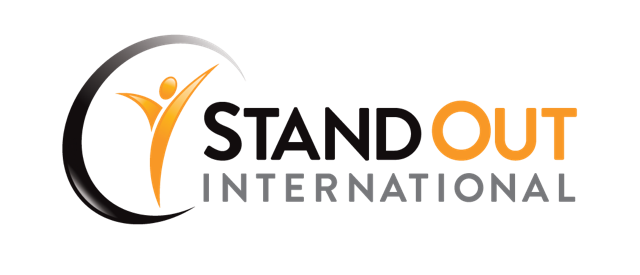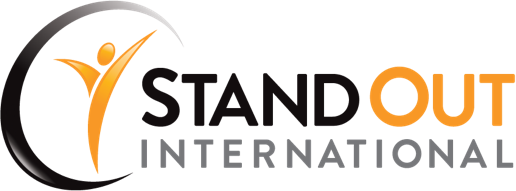Here’s an excerpt from my book STAND OUT! – Branding Strategies for Business Professionals.
There is a broad shift in power from the organization to the individual. More and more people in traditional jobs – the permanent, year-around, full-time, outside-the-home employment arrangement that is the basis of nearly all American labor and social assumptions – are dissatisfied and want to be in charge of their own lives.
In general, people have had a strong underlying need for meaningful, purposeful work. Abraham Maslow, the famous American psychologist, recognized that deep human drive when he wrote in his journal forty years ago: “All human beings prefer meaningful work to meaningless work. If work is meaningless, then life comes close to being meaningless.” In a society in which workers have a level of comfort, work takes on a larger purpose – one that many organizations seem incapable of accommodating. Paychecks and stock options still matter, but work is not just about making money. It’s also about making meaning.
People strive for the freedom to follow their own path and purpose. They are searching for autonomy, challenging assignments, setting their own priorities, gaining new skills or knowledge, and defining success on their own terms. That’s the work ethic of the new economy. If corporations are not capable creating that environment, people increasingly exercise their freedom to do that on their own. In organizations, people move up the ranks until they stop having fun. Daniel Pink, author of Free Agent Nation, calls this The Peter-Out Principle, a variation on the famous Peter Principle, which says that people rise through the ranks of an organization until they reach their level of incompetence. The best strategy for managing employees isn’t to bribe them, but to treat them like free agents. Lead your employees as if they are volunteers.
Daniel Pink estimates that there are 33 million free agents in America. That is one in four American workers. I declared my own independence by quitting my traditional job in 2001 to become a free agent.
A prime example of a free agent model is Hollywood’s movie industry, where a bunch of talented actors, directors, writers, technicians and cameramen come together for a finite project with shared interest and a clear business purpose. Everyone brings brainpower, creativity, skill and commitment to the project. When the movie is completed, they disperse – each project member having added a new skill, forged new connections, deepened existing relationships, enhanced their reputation within the industry and earned a credit they can add to their resume. Each free agent moves on to their next deal, from project to project, gig to gig, and so it goes.


